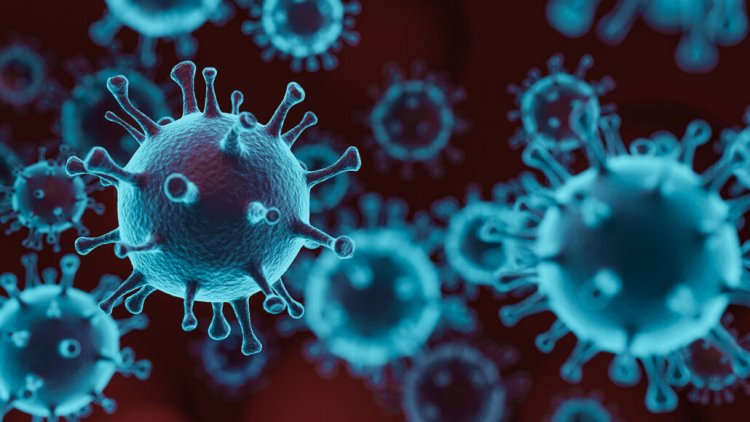Study finds that Covid-19 recoveries likely to suffer mental, neurological problems
One in three people who survived Covid-19 has a likelihood of enduring a neurological or psychiatric condition within six months. This is according to a research article that appeared in The Lancet Psychiatry journal.

Study finds that Covid-19 recoveries likely to suffer mental, neurological problems
The researchers intimated that the people suffering from Covid -19 have a high potential of developing brain ailments as compared to patients with other types of respiratory conditions.
The researchers examined the health history of close to 230,000 Covid-19 recoveries and concluded that approximately 34 percent had developed neurological or psychiatric conditions in six months after recovery.
The symptoms most associated with these neurological or psychiatric conditions include anxiety 17 percent, and mood swings or disorders 14 percent.
Cases of neurological conditions like brain hemorrhage (0.6 percent), stroke (2.1 percent), and the lowest was dementia (0.7 percent). Although these percentages are much lower than that of psychiatric ailments, the risks associated with brain ailments are more prevalent in those who recovered from Covid-19.
The researchers analyzed reports from close to 100,000 influenza patients as well as 236,000 with other respiratory tract conditions.
The findings were a generally 44 percent increased risk of developing neurological and mental health ailments after recovering from Covid-19 more than influenza flu, and further, a 16 percent increased risk than other respiratory tract conditions.
According to a University of Oxford author, Paul Harrison, although at a personal level the percentages of the risks of developing both neurological and psychiatric conditions after recovering from Covid-19 was minute, at the global stage it could be significant,
The research also showed that 46 percent of Covid-19 patients who needed intensive care were found to have neurological or psychiatric ailments six months after recovery.
Relatedly, 2.7 percent of those warranting intensive care developed brain hemorrhage as compared to 0.3 of those that were never hospitalized. A further 7 percent of those in ICU but recovered had a stroke in comparison to 1.3 of those who never went to ICU.
According to Jonathan Rogers from University College London, more research is needed concerning the long-term effects of post-covid-19 especially in terms of neurological and psychiatric conditions.
He also said that many of the conditions identified are chronic or even recurrent which further intimated that the after-effects of Covid-19 could be with us for long.

























